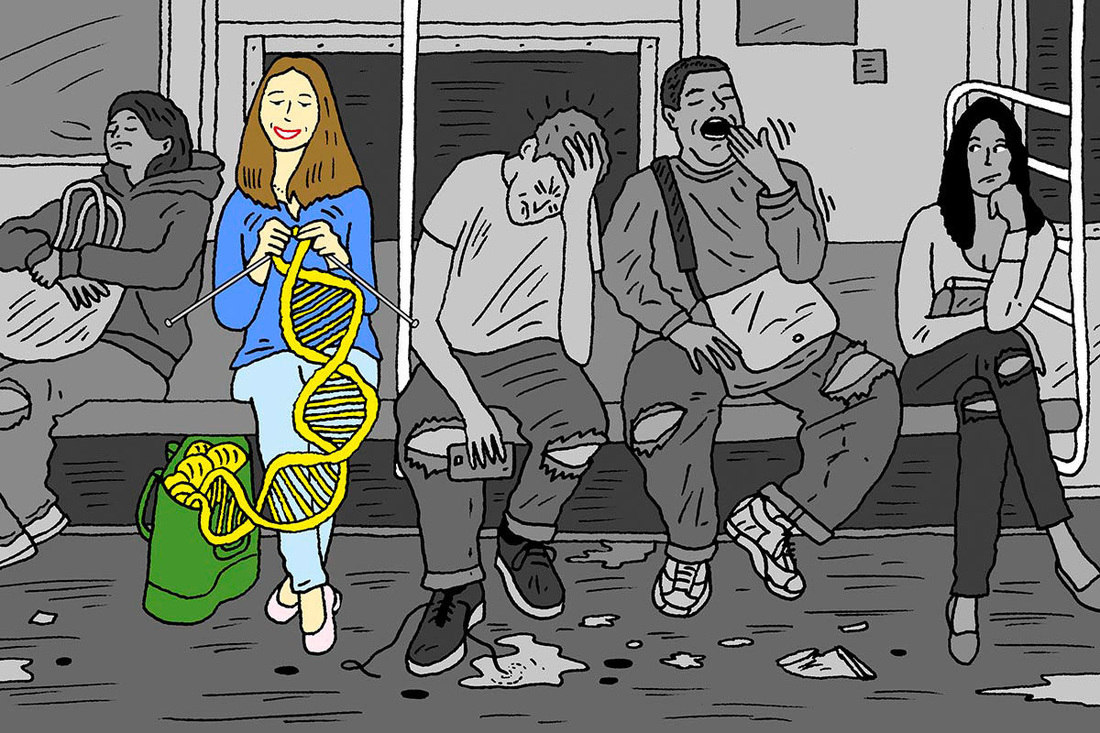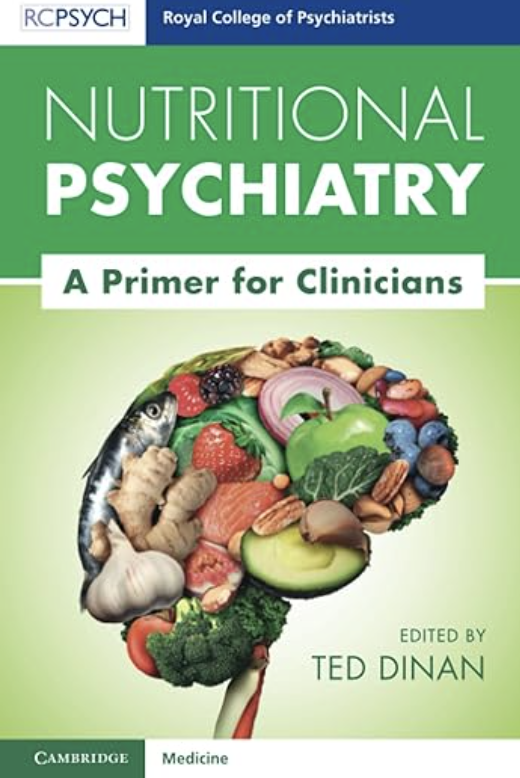|
The field of social genomics is granting us new insight into the power of connection and meaning at the level of our DNA. Researchers have known for some time that the stress response stifles the body's immune system and increases the inflammatory response (which in turn promotes the growth of cancer cells, plaque in the arteries, and increases our susceptibility to neurodegenerative disease). Researchers John Cacioppo, professor of psychology and behavioral neuroscience at the University of Chicago, and Steve Cole, professor of medicine at the University of California, Los Angeles, revealed that the brains of many of their participants interpret loneliness as a danger or threat, in short, loneliness triggered a damaging chronic stress-response. Fascinatingly, this response is triggered at the level of genome expression.
Inspired by Cacioppo and Cole's work, Barbara Fredrickson, noted positive psychologist from the University of North Carolina at Chapel Hill, became curious as to whether the opposite would hold true. The answer was yes. People who described feeling socially connected, engaged in personal projects, or that they were living in a way that fulfilled meaning and purpose showed the opposite response pattern to lonely and chronically stressed participants. Read more about this Cacioppo, Cole, and Fredrickson's research here. |
About the AuthorClinical psychologist Dr. Kristy Novinski contributes insights, book and film reviews, discussions of pop culture, and exploration of news and research in the field of psychology. What I'm Reading
Categories
All
|
Las Colinas Psychological Services, PLLC |
© 2023 Las Colinas Psychological Services, PLLC. All rights reserved.
|


 RSS Feed
RSS Feed

